Treasurer Jim Chalmers goes on the offensive to rein in spending
Jim Chalmers will confront soaring global public debt, roiling market volatility and rising rates as he prepares to alleviate the pain of living costs in his next budget.
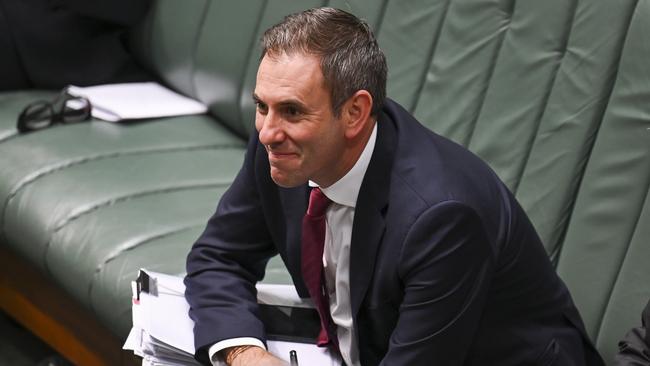
Jim Chalmers will confront soaring global public debt, roiling market volatility and rising interest rates as he prepares to alleviate the pain of runaway local living costs in his second federal budget, now only four weeks away.
The Treasurer travels to Washington this week with Reserve Bank governor Philip Lowe for the G20 Finance Ministers’ and Central Bank Governors’ meeting, as well as the World Bank Group and International Monetary Fund gathering in the same city.
The trip to the US capital comes amid calls for restrained government spending to ease inflationary pressures and heightened financial strains in the wake of American and European banking collapses.
Dr Chalmers will meet US Treasury Secretary Janet Yellen and other leading counterparts, as multilateral lenders urge highly indebted nations to tighten their fiscal settings, pursue structural reforms to boost growth and strengthen their financial systems.
The Treasurer said global conditions had become “more complex and confronting than they were even a few months ago”.
“The budget will be all about security in uncertain times,” Dr Chalmers said.
“That means these key meetings and our upcoming budget will be all about providing security for our people in uncertain times for the world.”
While the RBA last week announced a pause in its aggressive monetary tightening, the US Federal Reserve is expected to again lift its policy target rate when its Open Market Committee meets early next month, given the strength of the American jobs market.
The US federal funds rate range is 4.75 to 5 per cent, with the gap likely to widen from the RBA’s 3.6 per cent cash rate target, exposing the Australian dollar to further downward pressures.
Dr Lowe last week argued he was confident the interest-rate hiatus here was justified because of Australia’s moderate wage growth, high proportion of variable-rate home loans and determination to lock in low unemployment rather than crunch inflation back to target a year ahead of schedule.
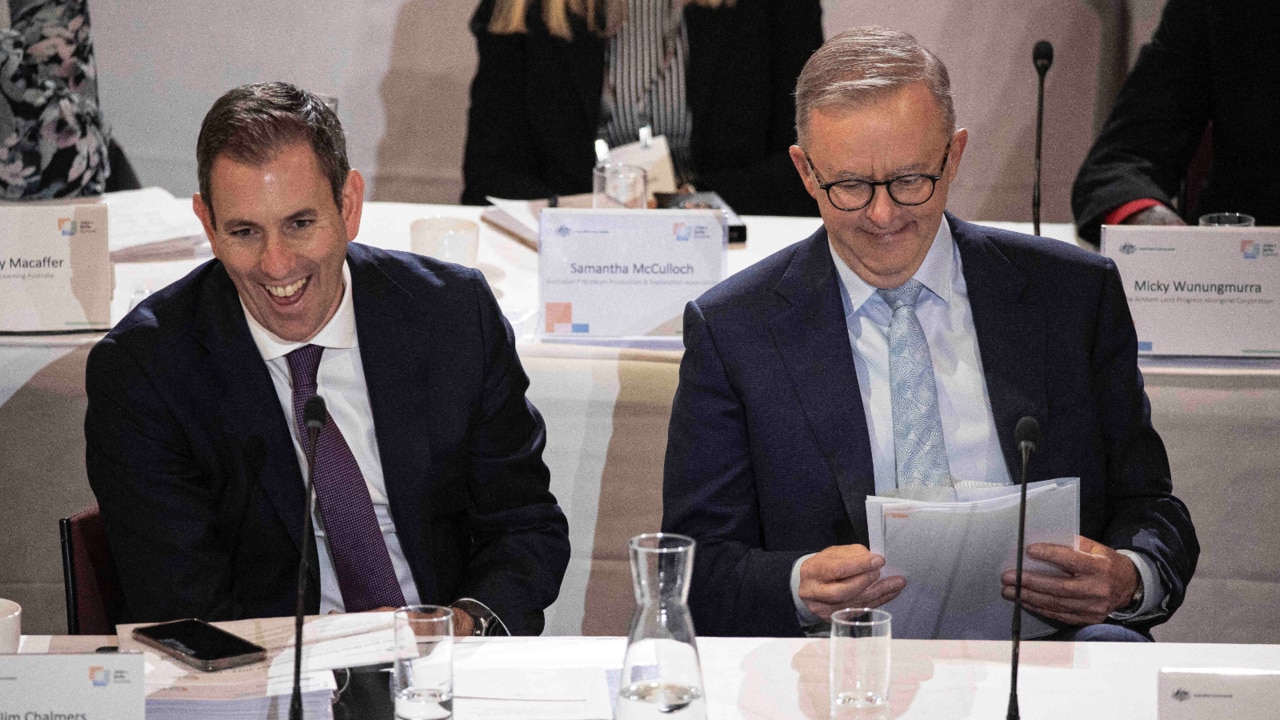
After 10 successive hikes in the official cash rate, the RBA board is expecting a marked economic slowdown, including two successive quarters where the rise in household spending is half the rate of the current 0.5 per cent three-month population growth.
The OECD recently warned that the global economic revival from the pandemic slowdown was fragile, while the IMF has released projections forecasting the weakest five years of world growth in three decades.
IMF managing director Kristalina Georgieva said last week global growth was expected to remain about 3 per cent over the next five years, the Washington-based body’s lowest medium-term growth forecast since 1990, which is well below the average of 3.8 per cent from the past two decades.
Dr Chalmers said “difficult and uncertain times like these demand more engagement with the world not less”.
“Higher interest rates have exposed vulnerabilities in parts of the international banking system, adding to the already significant challenges of persistent inflation, slowing global growth and the ongoing impacts of the war in Ukraine,” the Treasurer said.
“There could not be a more important time to take the temperature of the global economy, as we carefully calibrate the settings of the May budget.
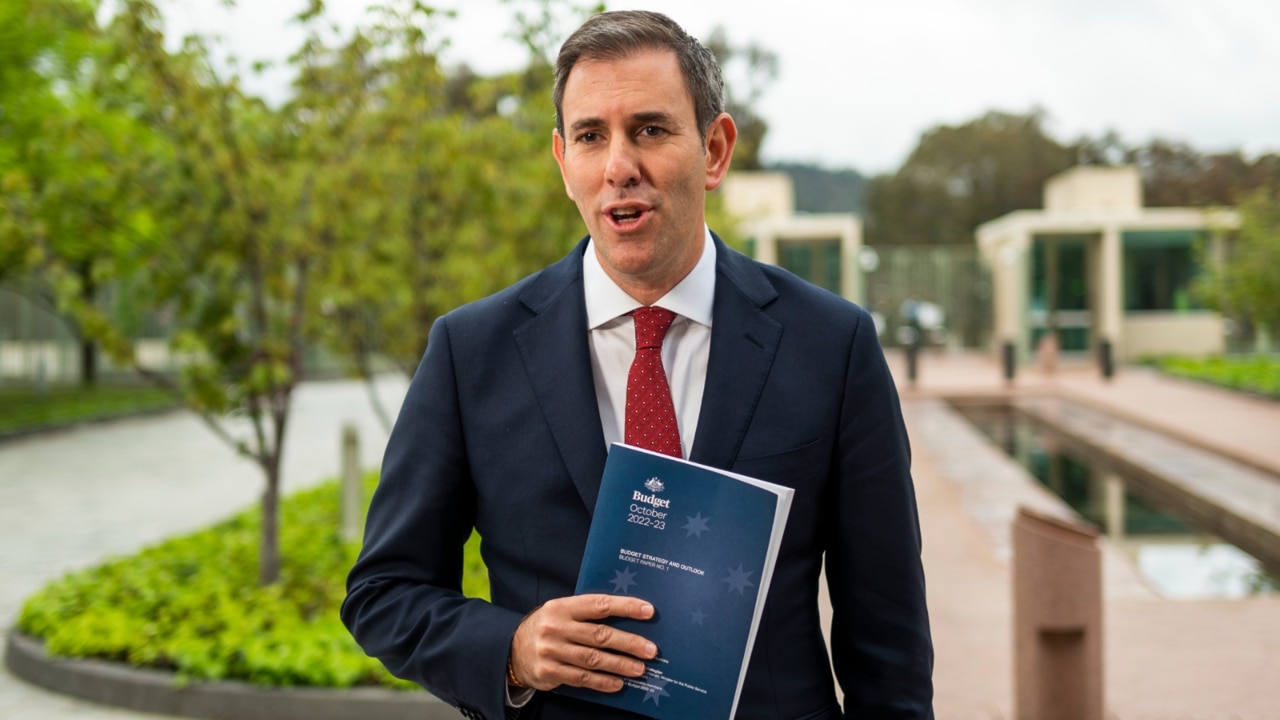
“In this uncertain environment, our job is to strike the right balance between dealing with our immediate challenges, preparing for the future and safeguarding our economy against global risks.
“That’s why our focus is on delivering a responsible budget that provides targeted cost-of-living relief without adding to inflation, lays the foundations for future growth and builds our resilience to international shocks.”
Dr Chalmers has said the surprise migration boost of 650,000 people over the two years to June 2024 and strong commodity export earnings were among the key variables in preparing the May 9 budget.
The revenue boost from Ukraine war-driven exorbitant gas and coal prices and persistently high inflation has produced a $20.5bn improvement in the budget’s bottom line.
The latest Finance Department figures show that for the first eight months of this financial year, the underlying cash deficit was $12.9bn, compared with the October budget’s profile of $33.4bn.


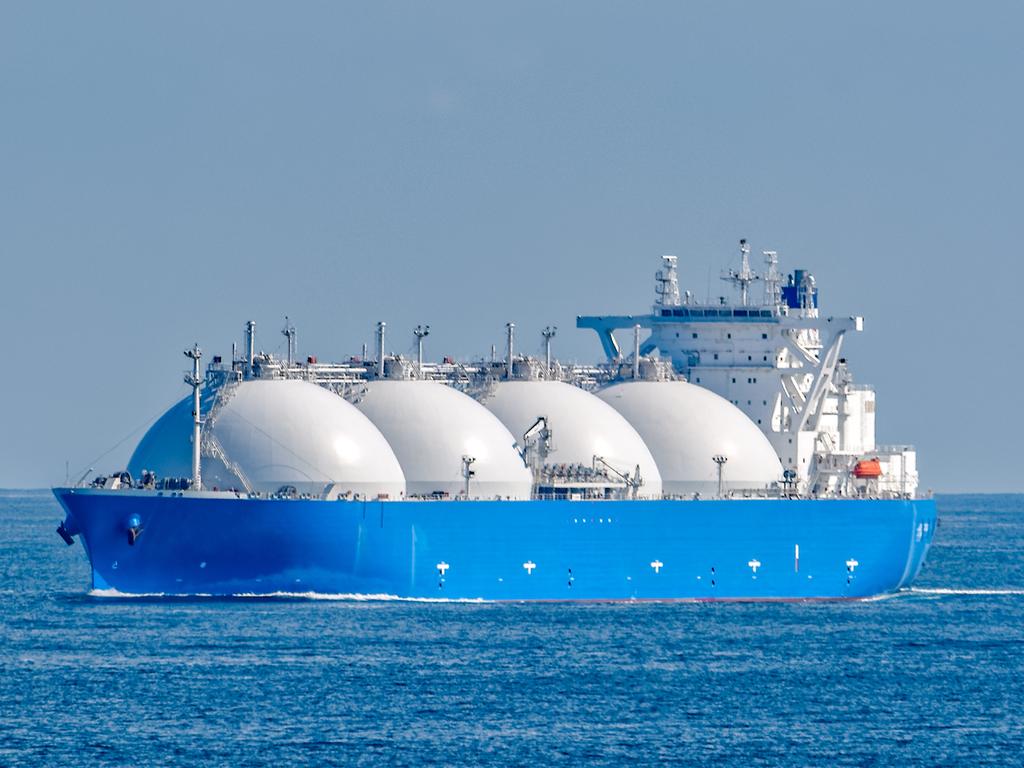
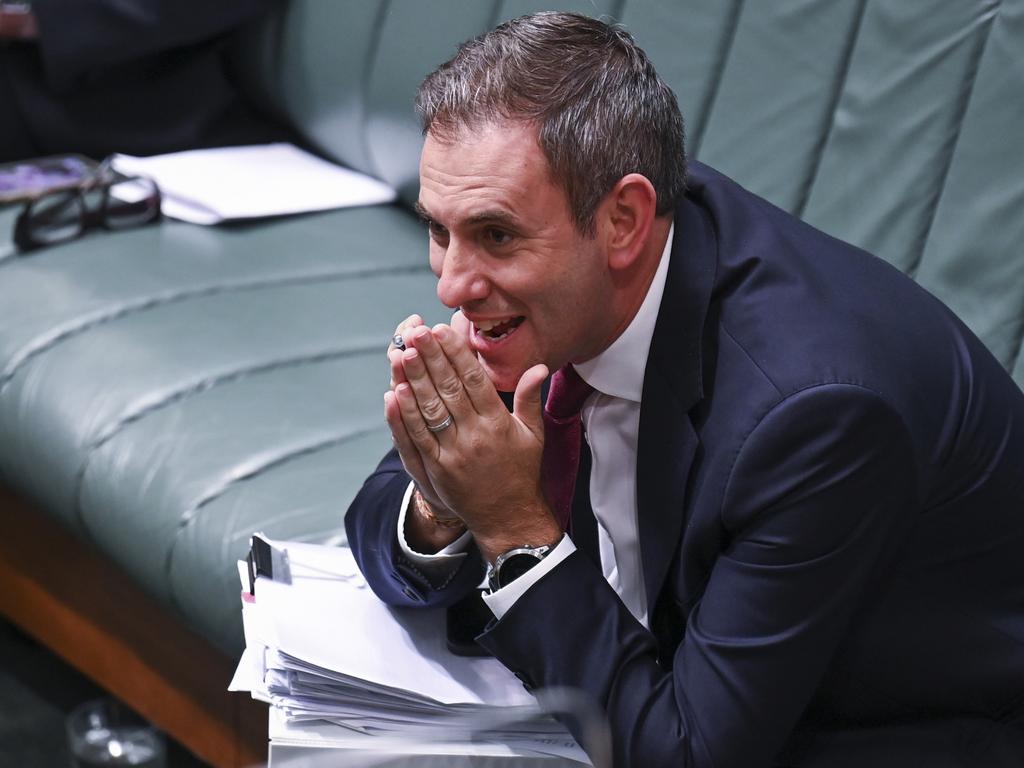
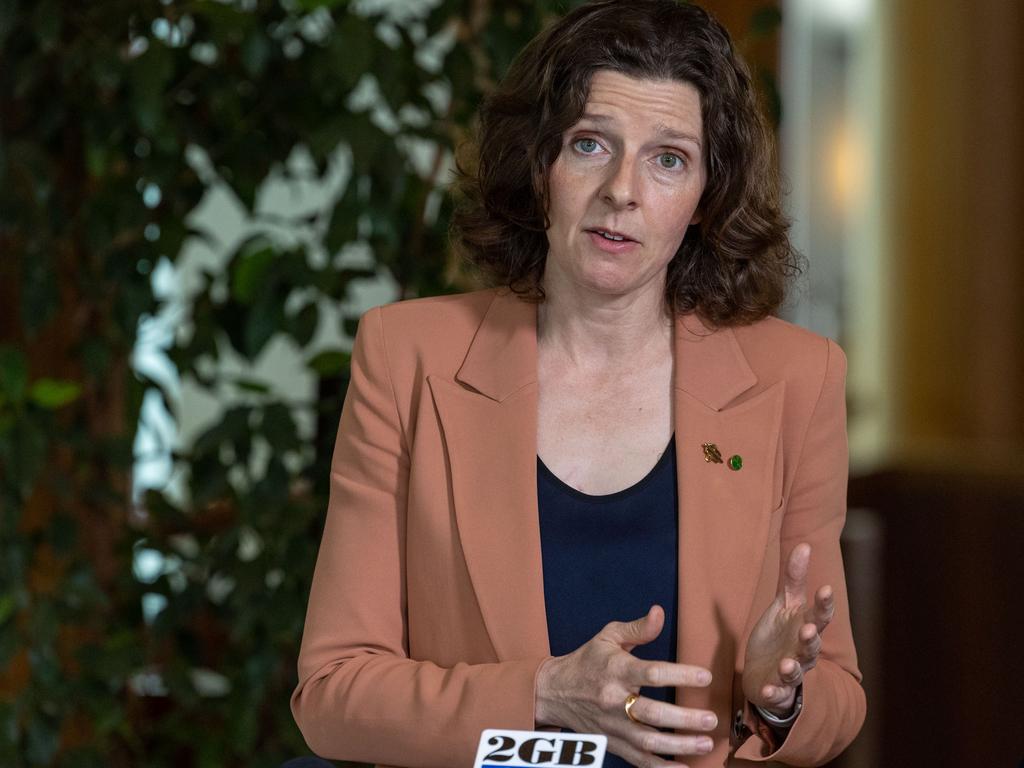
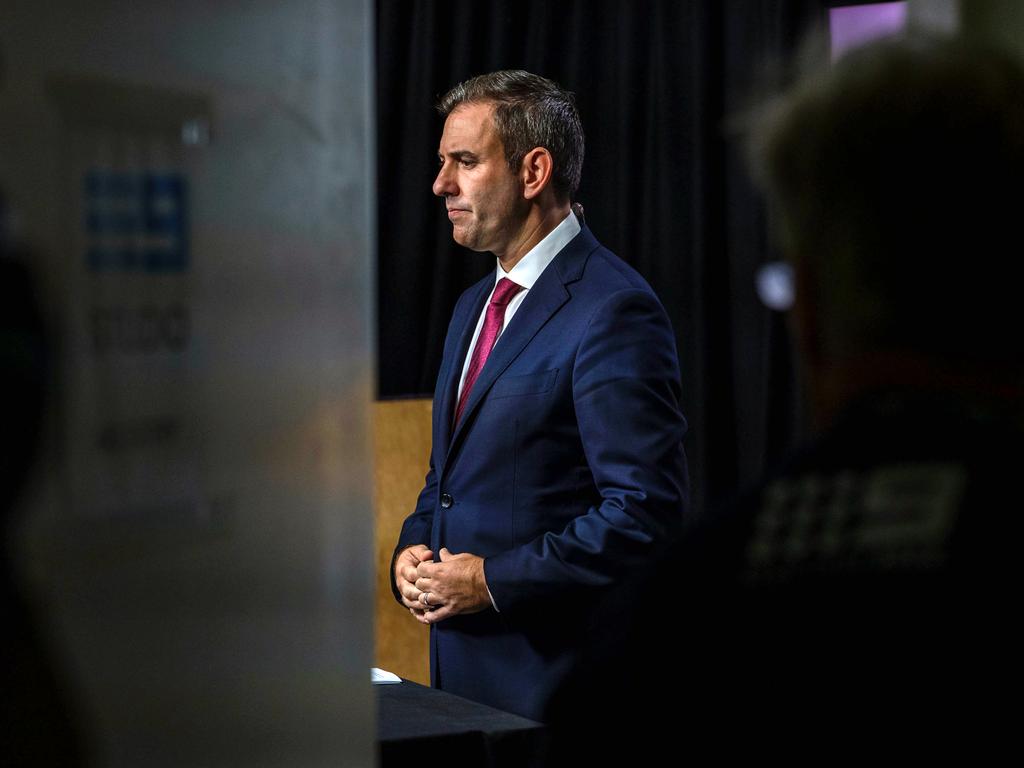
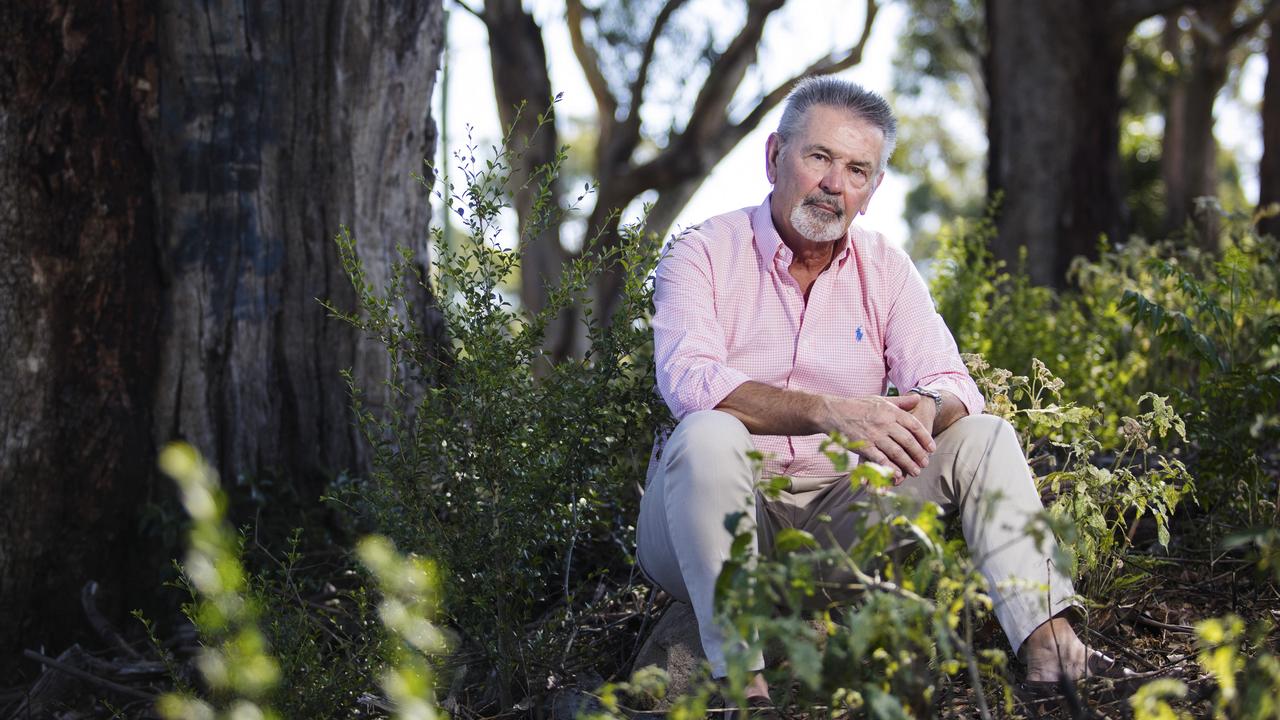

To join the conversation, please log in. Don't have an account? Register
Join the conversation, you are commenting as Logout